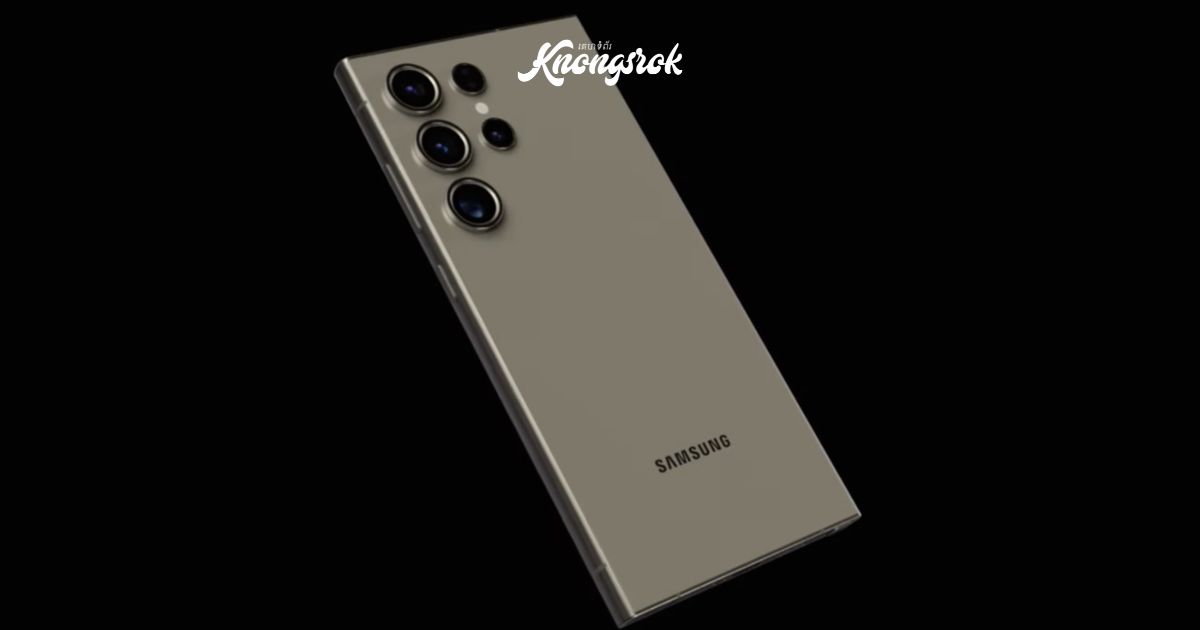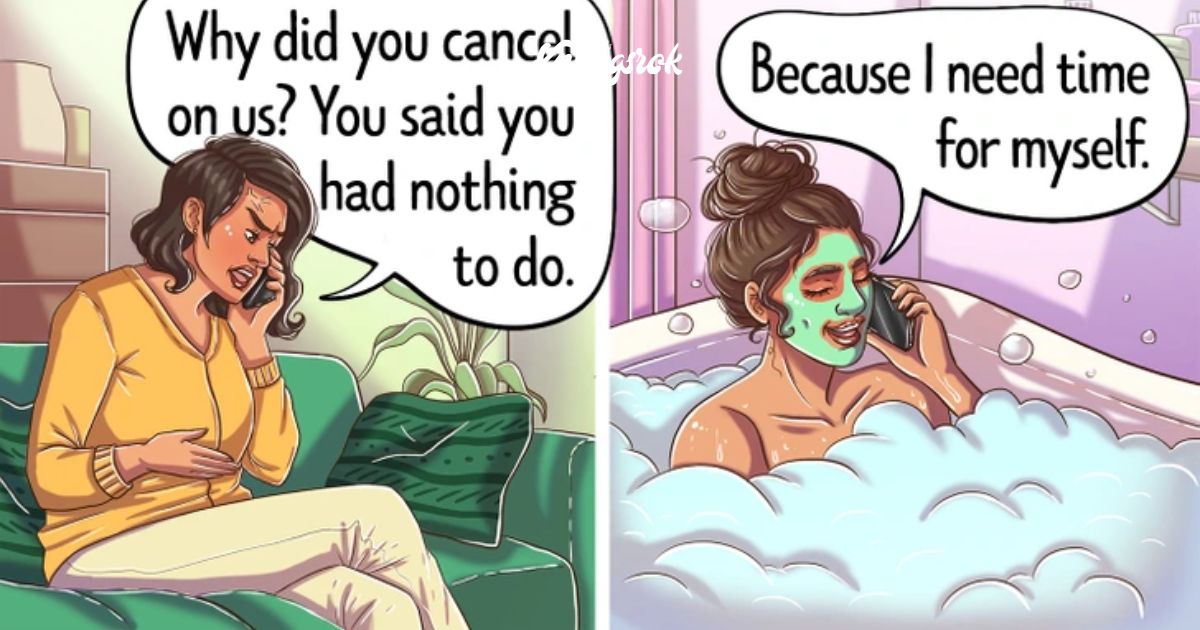7 Tips That’ll Help You Fall Asleep Like a Baby in No Time
The benefits of sleep go further than being well-rested. It is a vital part of a healthy immune function, metabolism, memory, learning, and other functions. It can also help you lose weight and strengthen your heart. So it is definitely one thing that we should pay attention to and make sure that we’re getting enough of it.
1. Try the military method.

If you want to fall asleep within 2 minutes, the military method is definitely worth trying. It will take some practice, but the results will be worth it. The military method for sleep is easy to follow and with some practice and repetitions, you’ll become a master. Here’s what you should do:
military method
- Relax your entire face and the muscles in your mouth.
- Drop your shoulders and hands to release tension.
- Exhale and relax your chest, legs, thighs, and calves.
- Clear your mind for 10 seconds by imagining a relaxing scene. If it doesn’t work, try repeating the words “don’t think” for 10 seconds.
2. Use a weighted blanket.

Weighted blankets aren’t just for extra coziness. They use deep pressure stimulation, which improves your mood, reduces stress, and increases the levels of melatonin, the sleep hormone. This combination of benefits won’t just make you fall asleep quicker, but it will also improve your sleep quality.
deep pressure stimulation
3. Use your imagination.

According to Dr. Steve Orma, an insomnia, sleep, and anxiety clinical psychologist, using your imagination can help you relax and fall asleep. And all you have to do is imagine a calming and serene place, put yourself in it, and focus your mind on it. Don’t spare the details either, imagine what you’re wearing and how you’re feeling. Do it for 20 minutes daily or until you feel relaxed enough to lull yourself to sleep.
imagination
4. Try progressive relaxation.

If you want to fall asleep you can use a technique called progressive relaxation. And all you have to do is start tensing different muscle groups before letting them relax. You can start with your face and make your way down to your feet. Do this until you slowly doze off to sleep.
progressive relaxation
5. Try the 4-7-8 method.

The 4-7-8 breathing technique was developed by Dr. Andrew Weil. It’s based on an ancient yogic technique called pranayama, which helps practitioners gain control over their breathing and can put the body in a state of deep relaxation. Here’s what you need to do:
4-7-8 breathingpranayama
- Exhale completely through your mouth.
- Take a deep breath in through your nose for 4 seconds, hold it in for 7 seconds, and then exhale through your mouth for 8.
- Repeat as needed.
6. Try meditation.

Research studying 49 adults with insomnia and sleep problems discovered that after only 6 weeks of meditation that group of people experienced fewer insomnia symptoms and less daytime fatigue. According to the researchers, meditation improves our relaxation response, which combats stress and worry. It can also be beneficial to our autonomic nervous system, which makes it less likely for us to be awakened during sleep.
Research
7. Put socks on.

Putting socks on to bed might feel strange at first, but if you’re experiencing problems falling asleep, that might turn out to be the solution. Research suggests that when your feet are cold, your blood vessels constrict, which causes less blood to circulate, sending signals to your brain to stay awake. A nice pair of cozy socks can fix that and tell your brain that it’s time to sleep.
Research
Do you struggle with sleep or do you know someone who does? Which one of these methods will you try first?














